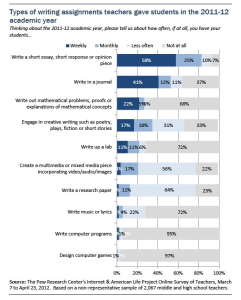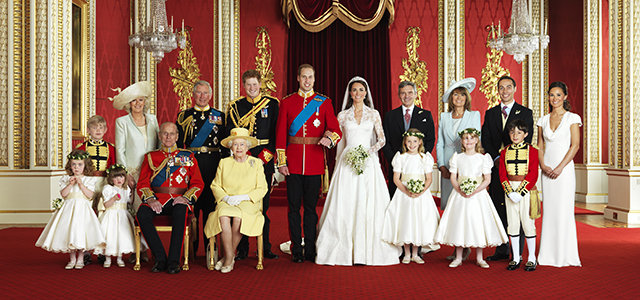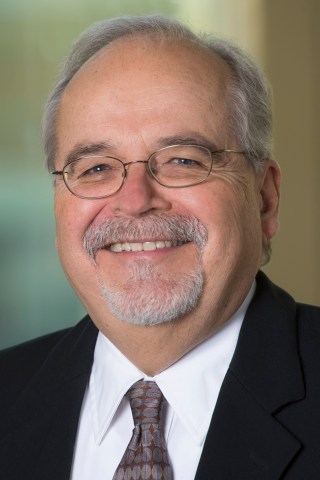

No wonder the world is going gaga over the birth of the newest heir to the British throne. We’re all related by blood to Kate, Will and their little prince.
He’s our cousin—though for most people of European descent in the United States he’s our distant cousin as much as 35 times removed, give or take a few generations.
That’s because, genetically speaking, everyone in the world shares a set of common ancestors with everyone else, including members of the British Royal Family, claim researchers Peter Ralph and Graham Coop in a recent article in the online edition of the journal PLOS Biology.
“Few of us know our family histories more than a few generations back,” they wrote. “It is therefore easy to overlook the fact that we are all distant cousins, related to one another via a vast network of relationships.”
Coop and Ralph examined genetic data in a European database that contained genetic data collected from more than 2,000 individuals. They were looking for telltale similarities in gene structure that signaled these individuals shared a common ancestor.
They didn’t have to look far to see that all of Europe is one big family. “On a genealogical level, everyone in Europe traces back to nearly the same set of ancestors only a thousand years ago,” said Coop, a professor of evolution and ecology at the University of California, Davis, in a release that accompanied the publication of the article.
Of course some of us are more closely related than others to the British royal family (and most other Brits).
“We find that a pair of Modern Europeans living in neighboring populations share around 2–12 genetic common ancestors from the last 1,500 years, and upwards of 100 genetic ancestors from the previous 1,000 years,” Ralph and Coop wrote. “These numbers drop off exponentially with geographic distance, but since these genetic ancestors are a tiny fraction of common genealogical ancestors, individuals from opposite ends of Europe are still expected to share millions of common genealogical ancestors over the last 1,000 years.”
That suggests if we went back roughly 35 generations—about 1,000 years—all Americans of European descent would find enough common relatives to fill Wembley Stadium many times over. For everyone else, it would take many more generations before all of us found a common family member.
So go ahead, tell your friends you’re a royal (and so are they). Enjoy claiming kinship with other famous notables—but don’t brag too much. Not only are you related to the Windsors, the Beatles and Charlemagne, you also have Jack the Ripper, Adolph Hitler and Henry the Eighth hiding in your family tree.
Bonus reading: For a deeper dive into this and related research, see this piece by science writer Carl Zimmer in National Geographic’s Phenomena.
